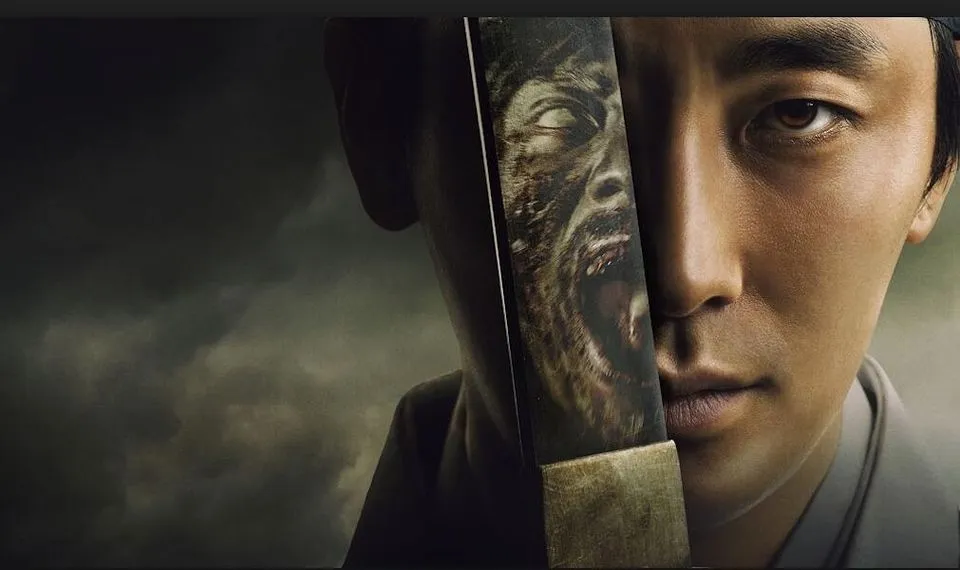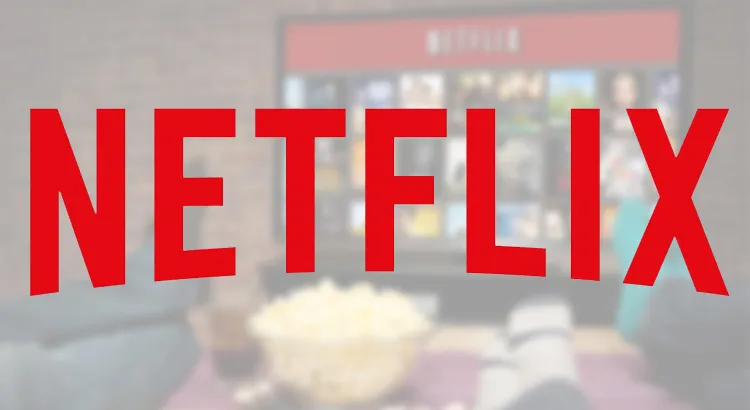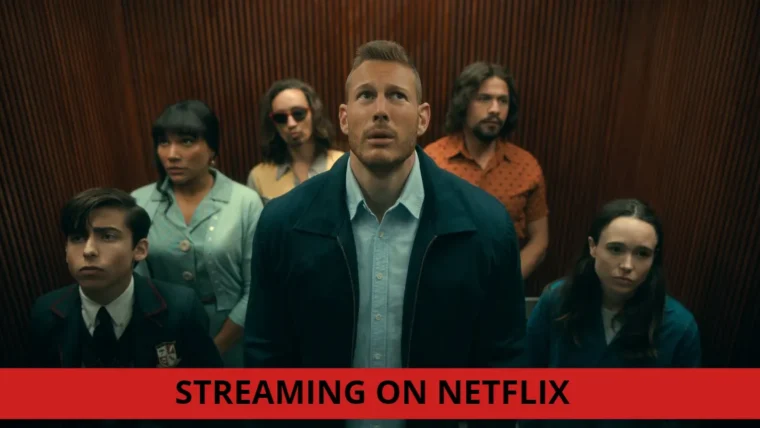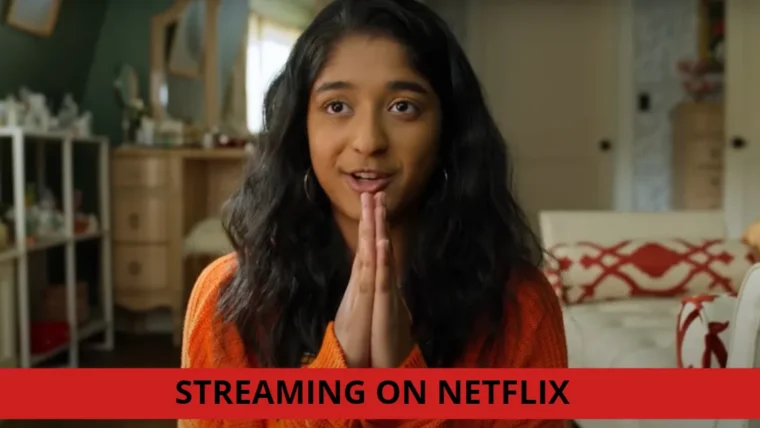“It’s like the Korean Game of Thrones!” Despite the number of times I’ve been told this by friends and family members over the last few weeks, I never took that endorsement seriously. At that point of time, I was completely sick to death of shows trying to capture HBO’s lightning in a bottle premise. And I was definitely bloody sure that I was finished with zombie-based television series. That being said, their incessant insistence finally wore me down and I had to see what all the fuss was about. So I binge-watched the entire first season of the show in a day. Turns out that they were all utterly wrong. Netflix’s Kingdom isn’t as simple as the eastern version of HBO’s medieval fantasy series. Thankfully, there’s a lot more depth and nuance to the show than meets the eye.
Set in the Joseon medieval period of Korea, the king of the land has fallen deathly ill and is placed in a state of quarantine within his palace. Before his critical state, he takes a young bride to be his second wife, Second Queen Cho. She is the daughter of the power-hungry Chief State Councilor Cho Hak-Ju, the head and leader of the Haewon Cho clan. The king’s sickness has opened up an opportunity for Queen Cho’s son to ascend the throne and to leave her clan the ruling house of Korea. There’s just one person standing in their way, Prince Lee Chang, the only son of the king’s first wife. He suspects that his father may be already dead which would mean he assumes the role of king.
The Haewon Cho clan isn’t having any of that. So they embark on a ruthless campaign to stamp out any rumours of the king’s death, at least until Queen Cho secures the throne through her son. As juicy as all this court intrigue is, there are greater threats on the horizon. Turns out that the King of Joseon isn’t dead after all, rather he has become the undead through means that I won’t spoil. Needless to say, the king is now a soulless revenant and patient zero of a deadly zombie plague that will soon sweep over the land. Prince Lee Chang, his personal guard, a physician and the survivors must band together to put an end to this evil, lest all of Korea fall to the kingdom of the dead.
Kingdom seems well aware of the tropes it borrows from the multiple genres. Its political intrigue is lifted right out of shows like HBO’s Game of Thrones or Rome with royal conspiracies and political factions leveraging hereditary legitimacy in the name of acquiring power. If that doesn’t hook you, then Kingdom’s ticking time-bomb subplot following the spread of the mysterious undead plague might give you some meat to sink your teeth into. More seasoned couch potatoes may be sceptical at first to the premise of the whole show. On paper, it sounds like a corporate exercise in trend riding. Grabbing a little bit of Game of Thrones and a sprinkle of The Walking Dead with a little bit of local Korean Joseon flair.
That being said, there are some standout performances would noting. Ju Ji-hoon as the Crown Prince Lee Chang is your typical indignant royal with a stoic streak which can wear thin after a while. However, when paired as the straight man to his jovial and wise personal guard Mu-yeong played Kim Sang-ho, he becomes infinitely more bearable. They make for an entertaining pair with plenty of goofy banter and touching camaraderie to be had amidst their run-ins with the undead.
Ryu Seung-ryong as Cho Hak-ju does a competent enough job as the first season’s main antagonist. His machiavellian schemes and Tywin-esque demeanour gave the political drama the necessary gravitas to keep us compelled. Bae Doo-na as the plucky female physician totally kicked ass this season and I definitely look forward to seeing her play a larger role in the next one. Personally, the character I felt had the most room to grow throughout this season was the mysterious Yeong-sin. At first, he seems like a selfish, cutthroat drifter but as the show carries on, we see him display some truly noble qualities.
Beyond the performances of the cast playing the living, the true heart and soul of this series lies in its amazing production quality. Seriously, this is one of the best looking Netflix series out there today. South Korean studio AStory spared no expense in their recreation of a Joseon-era Korea with excellent costume design and stunning sets that truly capture the splendour of Korean royalty and the squalor of the local peasantry. Then, of course, there are the zombies. Kingdom’s version of the undead is no mere facsimile of the walkers from The Walking Dead.
They have their own unique twist to them that adds this extra creepy layer. They only awaken when the sun goes down and when they contort back to life, there’s this sickening sound of bones crunching up before you hear their low growls. I appreciate the fact that Kingdom’s zombies mostly utilize practical effects in lieu of the modern CGI motion-capture you’d find in Game of Thrones with the Wights. There’s a real sense of presence there when these bloodthirsty monsters come charging at the locals. Especially since the actors playing the undead truly give their all.
Anyone saying that Netflix’s Kingdom is merely a rip-off from more established TV properties has no idea what they’re talking about. Kingdom isn’t trying to be dreary recreation of “the best of Western TV”. No, it has its own unique voice with a lot of room to grow. While Kingdom does take some inspiration from HBO’s Game of Thrones, it has managed to set itself apart with admirable performances, an immersive story and gore galore. I look forward to seeing what Kingdom‘s second season has in store for the living!
Kingdom is currently streaming on Netflix.







